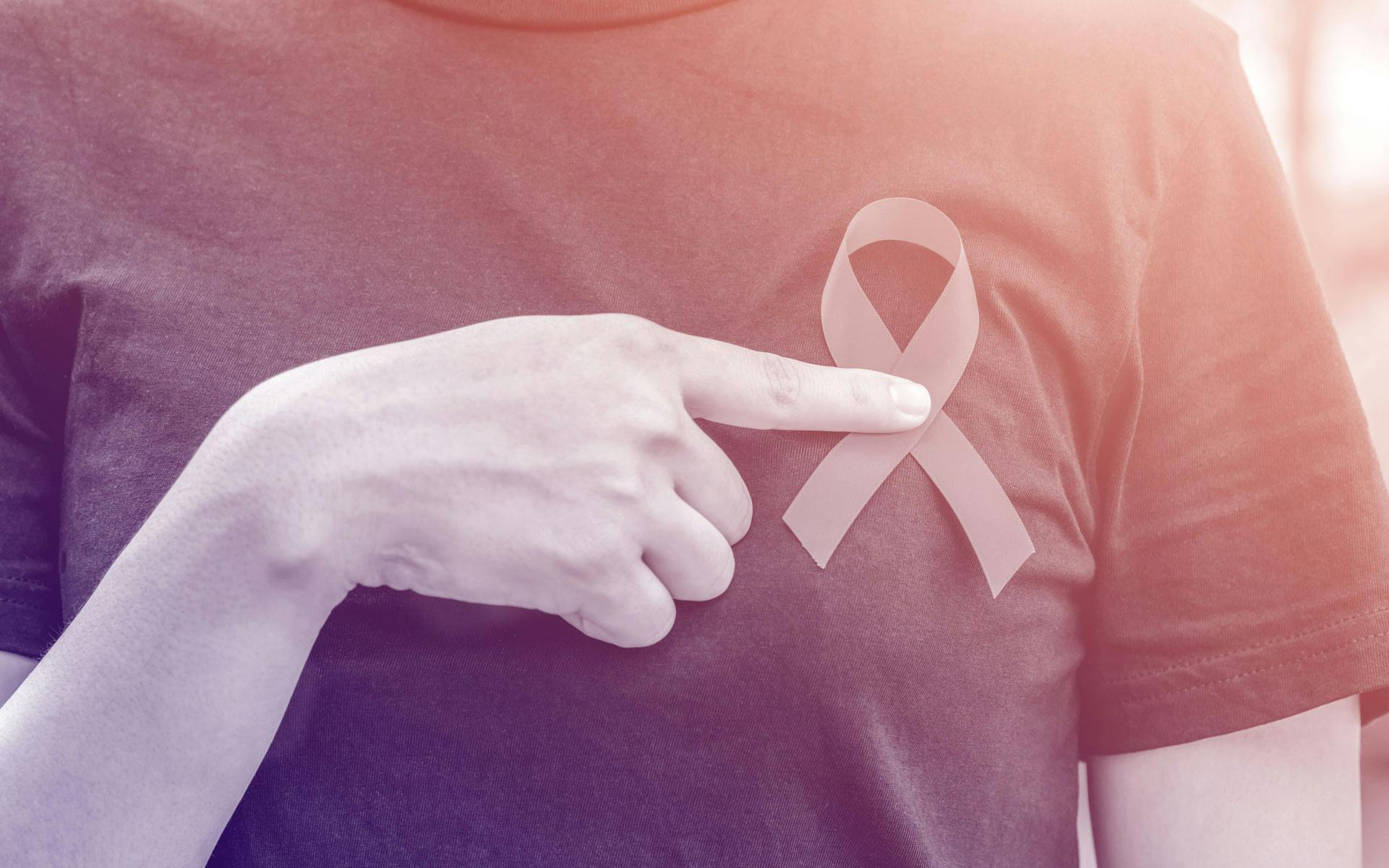New research suggests cannabis may reduce pain, depression, and opioid use among cancer patients
A new study has found that the use of medical marijuana decreased the intensity of pain experienced by cancer patients, and provided a safe and effective alternative to opioids for some.
The use of cannabis was also found to have a positive effect on anxiety relief, mood elevation, and the alleviation of depression—which are significant quality-of-life issues for people dealing with cancer.
More than half of all patients using cannabis quit all other pain relievers by the end of the study period.
The study, The Effectiveness and Safety of Medical Cannabis for Treating Cancer Related Symptoms in Oncology Patients, was published in the peer-reviewed journal Frontiers in Pain Research on May 20. It’s the first study to analyze the possible benefits of medical cannabis for cancer-related pain, according to author David Meiri, assistant professor at the Technion Israel Institute of Technology.
An alternative to opioids?
Cancer pain is intense and complex. Traditionally, opioids are perceived as the most effective treatment for cancer pain. But opioids come with risks. An emphasis on opioid treatments can increase the risk of opioid abuse, misuse, and dependency among oncology patients.
Opioids may also amplify a patient’s suffering by exacerbating cancer’s associated comorbidities—conditions such as anxiety, depression, and insomnia.
For decades, medical marijuana has been used by patients fighting cancer to quell the nausea that often accompanies chemotherapy. But cannabis has known analgesic (pain relieving) qualities, too, and some cancer patients have used it to deal with both conditions, nausea and pain. Until recently, though, there’s been a lack of research on the effectiveness of cannabis in decreasing cancer pain.
How they did it: Studying patients for 2+ years
Between January 2019 and September 2021, the Israel-based researchers monitored medical cannabis use in an experimental group of consenting oncology patients above the age of 18 who were eligible to use medical cannabis in Israel.
Shop highly rated dispensaries near you
Showing you dispensaries nearAt the onset of the study, researchers teamed up with oncologists who could issue medical cannabis licenses. These oncologists, who are all co-authors on the study, then shared the opportunity with their patients.
From there, 324 patient participants volunteered for the study, at which point their oncologists communicated baseline information about the patient with researchers, including cancer diagnosis, the classification of their tumors, and cancer treatment protocol. From that point on, oncologists treating the patients throughout the duration of the study did not, at any time, see the data collected in the patient questionnaires to prevent providers from using the data to alter their treatment plans and influence the study’s results.
After the oncologist’s initial report to researchers, patients reported their baseline symptoms in an anonymous questionnaire before medical cannabis treatment began. Patients were asked to self-assess their pain levels, calculated using a pain index called Short-form McGill Pain Questionnaire (SF-MPQ), as well as their sleep quality, anxiety levels, sexual problems, and other potential side effects. Patients then re-took these anonymous questionnaires, after one, three, and six months of medical cannabis use.
Throughout the study, patients most commonly used medical cannabis oil sublingually. At the time of each questionnaire, patients reported the products they were using and how often.
At the end of the study’s duration, researchers pooled the data from all the questionnaires to calculate each patient’s monthly dose of THC and CBD, and to reach other conclusions about cancer comorbidities and pain.
126 patients completed the study
Though the study started with 324 participants, 126 patients remained throughout the study and completed all questionnaires.
A variety of factors led to an ever-dwindling number of participants, including the deaths of 69 patients during six-month follow-up period, 55 patients who did not return for medical evaluation, 24 who left the study after citing no change in their symptoms with the introduction of cannabis, 36 patients who left due to cannabis-related adverse effects, and 14 patients who had completed their cancer therapies and no longer needed pain treatment.
Those who remained for the duration of the study were, were an average age of 64 years and majority female. They had a variety of cancers, including breast, lung, ovarian and colon cancer, and nearly half of participants possessed a stage IV diagnosis.
While most of the demographic measures listed above did not change for the group throughout the study, researchers noticed over time that participating patients consumed THC-rich products more frequently, whereas the levels of CBD consumed per month stayed approximately the same.
Significant pain decrease with cannabis use
At the study’s end, data suggested that overall cancer pain lessened for participants using cannabis between the start of the study and six month mark.
In fact, 36% of the sample group reported a 30% decrease in pain intensity on-average, and 33% of the cohort reported a 30% reduction in their total SF-MPQ score. Over half of the study participants stopped all other pain-relieving medications during the sixth months of medical cannabis use.
Overall, nearly 40% of the sample group reported a reduction in total cancer symptom burden, assessed by the Memorial Symptom Assessment Scale, which averages the intensity of 32 symptoms scored by intensity from 0 to 4.
Surprising findings on mood, anxiety, and depression
While this data seems promising, the study’s authors attributed this outcome to the indirect result of cannabis’ impact on cancer’s comorbidities, and not necessarily its direct treatment of cancer pain.
What that means: In the group of 124 patients, medical cannabis was not only well-tolerated, but comorbidities like mood issues, insomnia and other side effects—which opioids can exacerbate—improved with the introduction of medical cannabis. This was particularly the case for anxiety and depression levels, which decreased by a median of 22% and 12%, respectively.
One study does not necessarily represent conclusive fact, and more research is necessary to fully understand the impact medical cannabis could have for oncology patients. But, in cases where opioids and other pain-relieving medications are not well-tolerated, this new study suggests that cannabis may be an alternative source of pain relief for some patients fighting and managing cancer.








